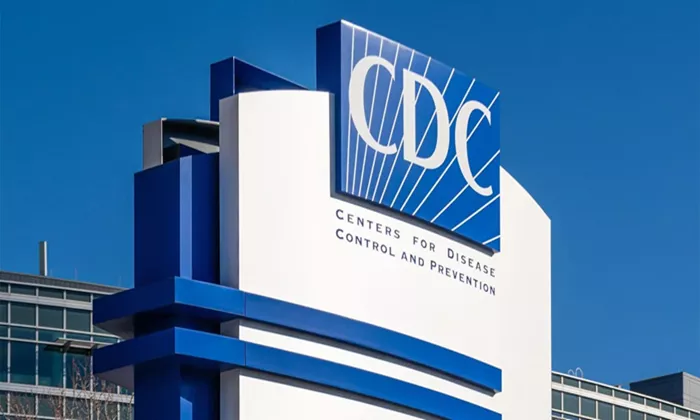For 28-year-old D’Asia Jackson, living with sickle cell disease means coping daily with unpredictable, intense pain. This inherited blood disorder causes her red blood cells to become crescent-shaped, leading to serious complications like blood clots and organ damage. Jackson’s pain worsens during her menstrual cycle, making managing her health even harder.
She has tried multiple birth control options—including hormone shots, IUDs, and pills—to control her symptoms. Unfortunately, many treatments made her periods heavier or caused more pain, sometimes landing her in the hospital needing iron infusions.
Jackson’s experience reflects a larger issue: women with chronic illnesses like sickle cell need careful medical guidance about contraception because pregnancy and some birth control methods can pose serious health risks.
Until recently, an expert CDC team specialized in developing guidelines to help doctors recommend the safest birth control for patients with conditions like sickle cell, lupus, or kidney disease. Their work included the U.S. Medical Eligibility Criteria for Contraceptive Use and an app used by hundreds of thousands of healthcare providers nationwide.
But in April, as part of a mass layoff, the CDC disbanded this small but vital team. The decision has sparked concern among experts and patient advocates who say these guidelines are the only federal resources focused on contraception safety for women with complex health needs.
About 90% of people with sickle cell disease in the U.S. are Black, and Black women with sickle cell face a maternal mortality rate 26 times higher than others. The latest CDC update warned that combined hormonal birth control (containing estrogen) carries an “unacceptable health risk” for these women due to increased blood clot dangers. Safer alternatives like progestin-only pills and IUDs were recommended instead.
Many patients, including Jackson, were unaware of these important changes. With the expert team gone, spreading this knowledge and updating guidelines may slow or stop, leaving doctors less informed and women more vulnerable.
Jackson fears for the future of her care: “I’m terrified of how health care is going to go with all these cuts.”
Experts warn that once this CDC expertise is lost, it may never be fully restored—putting women with chronic diseases at even greater risk.


